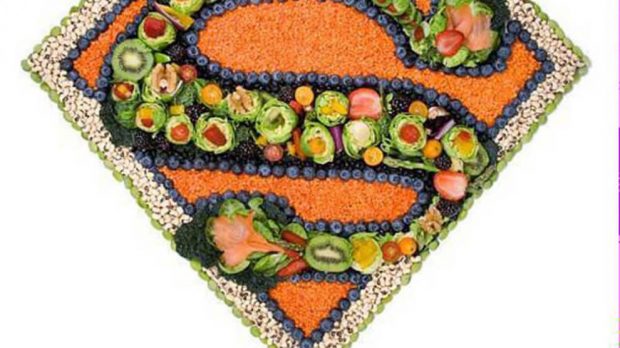The nutrition behind professional extreme sports athletes
The best of the best athletes don’t get to the top of their sport by accident. There is a formula – not secret at all – comprised of several factors which if combined in harmony set the ground for a successful athlete in the making. A great amount of time is required in training, dedication, focus and attention to everything. The nutrition behind professional extreme sports athletes is what separates the top athletes from the second league.

http://whitelines.com – Travis Rice – one of the best snowboarders at the moment – is a big fan of eating healthy.
What an athlete puts in his belly is of utmost importance for both during training and competition. Proper nutrition can boost an athlete to continue outperforming himself, whereas a poor nutrition can cost an athlete a lot!
Food is important and all top athletes will agree on this. Hitting the gym or the water or the mountains on an empty or poorly filled stomach is of the worse things an athlete can do to himself. Especially when the “age” factor starts to kick in and the youth-forgiving-bus leaves us behind, that’s when most athletes feel like they need something to amp them up.
Nutrition behind professional extreme sports athletes is considered by many of the best out there as the final frontier for their performances. It’s probably the most important factor affecting an athlete’s ability to perform at superhuman high levels.
A healthy and filling breakfast is the best start for the usually long day of an extreme sports athlete. A big smoothie with frozen fruits is both healthy and tasty! Try mixing strawberries, forest fruit, cranberry juice and some lime, for a smoothie rich in vitamin C – great for your immune system. A smoothie with bananas, almond milk and some raw cacao is the perfect mix for a balanced blood pressure and healthy muscles – raw cacao is a super-food you can easily add to your daily eating habits. Add some eggs or an omelette if the day will be longer than usual.
Lunch is very important too. Dark green vegetables are rich in protein, iron, potassium and fibers. Combine dark leafy greens with oily fish, like salmon, sardines or mackerel for the perfect lunch. Oily fish help against prostate cancer, cardiovascular diseases and they’re rich in vitamin D, protein, selenium and omega-3 fatty acids – the type of fat that is beneficial to our health.
What you eat for dinner should be rich in slow release proteins to help your body recover well through the night and prepare your muscles for next morning. A big yet light wrap with dark leafy greens with some lean meat – like turkey or lean beef – with avocado and a light tasty sauce is the ideal athlete’s dinner. A green salad with sliced chicken a lemon and olive oil sauce is a light and tasty dinner, full in vitamins and healthy nutrients ready to restore your body’s energy and make sure you’re strong and back on your feet for the next day’s adventure!


